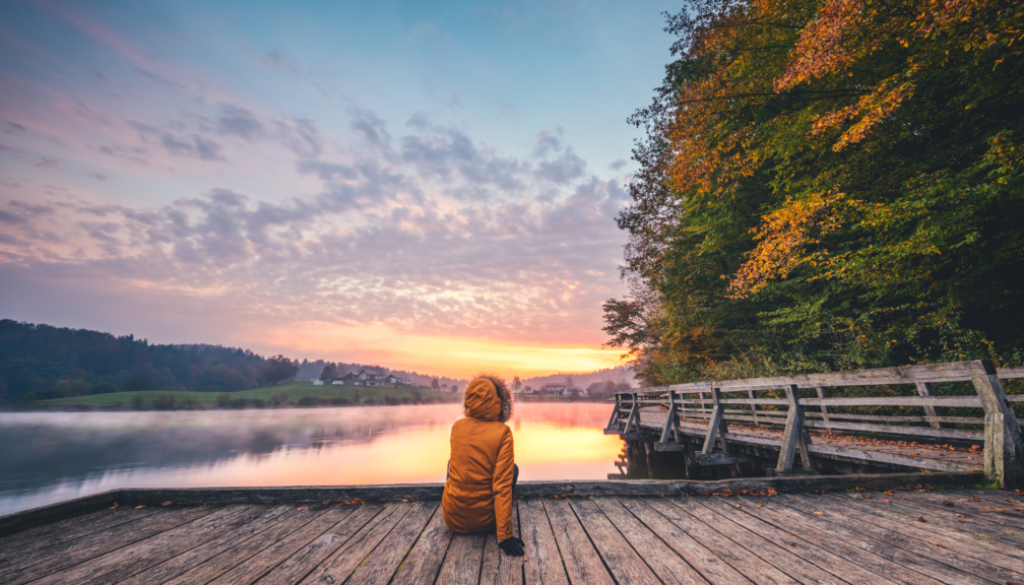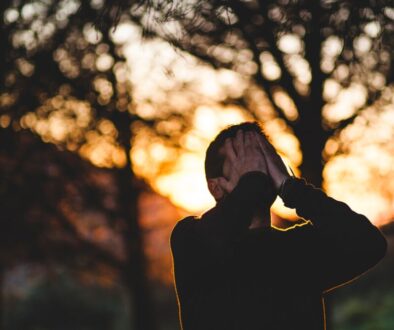Why our social justice movements need mindfulness
Traditionally, mindfulness has been primarily focused on the individual. However, when placed within a social justice context, mindfulness can be a powerful tool for change at both the individual and collective level. At the individual level, mindfulness can help to increase self-awareness and understanding of personal privilege and bias. It can also help to cultivate compassion and empathy for others. At the collective level, mindfulness can help to create feelings of solidarity and community, and it can promote open communication and dialogue around difficult issues. By integrating both individual and collective change, mindfulness practices have the potential to create lasting social transformation.
In order to create lasting change, we need to do more than just ease stress and reactivity. We also need to take a critical look at the ways we have been socialised, and work to unlearn harmful patterns of thinking and behaving. This is not an easy task, but it is essential if we want to create a more equitable and just world. One way to do this is through mindfulness practice. By paying attention to our thoughts and emotions, we can begin to see how we have been conditioned by the larger society. We can then start to make choices that move us away from harmful patterns of thought and behaviour, and towards liberation.
In order to create an inclusive and just society, it is essential that we consider the ways in which our individual identities intersect with larger systems of power. The recognition that our individualised reflection is shaped by our positions in the world is a powerful tool for deepening our understanding of mindfulness practices. By asking us to mind our interpersonal experiences, we can gain insights into the ways that our own perspectives may be shaped by our race, gender, class, and other factors.

When we take the time to reflect on our own lives, we often realise that our sense of self is shaped by our socialisation and position within sociopolitical power dynamics. This understanding can lead us to reflect on our relationships with others. We may begin to see that our sense of other people is also shaped by these factors. As we reflect on these things, we can move from a focus on the individual to a focus on relationships. This intrapersonal level of reflection can help us to see the interconnectedness of all people and the importance of working together for social change.
We all have an “us/them” construct somewhere in our lives. It is in direct relationship to someone else’s “us/them” construct. And so on and so forth. The cycle can easily lead to “Othering” when we do not have authentic community with each-other across our differences. “Othering” is a process whereby we create an arbitrary distinction between “us” and “them” – often based on something as innocuous as skin colour, gender, or sexuality, which leads to the injustice so prevalent in our world. But this othering also leads to an “us” vs “them” mentality in our social movements too. Instead of focusing on changing unjust systems, we find that our energy becomes focused on fighting the people caught up in those systems.

This then leads to a feeling of superiority or inferiority, to anger or violence, and we ourselves end up mirroring the very same “us/them” construct that leads to the oppression we’re against. In order to create a more just and equitable world, it is essential that we work to break down the artificial barriers that divide us. We must learn to see each other as complex human beings, with our own unique experience of the world. Only then can we begin to build the kind of authentic community that can heal the wounds of division and oppression.
“Oneness” is often considered to be an absolute or ultimate goal, particularly in mainstream mindfulness communities, but we will never realise the oneness of humanity, and we can’t get there without accounting for the different lived experiences that diverse communities have, and the power dynamics between them.
The interesting thing about oneness is that it doesn’t require sameness. In fact, oneness actually celebrates our differences. When we come together in oneness, we don’t have to give up our unique identities or conform to someone else’s idea of what that should look like. Instead, we can simply appreciate each other for who we are. Socialisation, unexamined assumptions, and power dynamics can all contribute to this interpretation of oneness as sameness.

Mindfulness helps us to see that we are all interconnected and that, even though we may be different, we are all ultimately the same. This understanding can help to reduce prejudice and promote peace and harmony in the world. Bringing mindfulness into our social justice movements offers us tools to dismantle these things. When we are able to more deeply reflect, account for and unlearn them, we create more mindful, just relationships.
As we become more aware of the interconnectedness of all life, we can then embrace the diverse richness of our differences and the interrelationships between them. This approach can reframe oneness to mean interconnection, as some mindfulness traditions already suggest. In this frame, we are all one because we are all part of a rich, interdependent web. By seeing ourselves as interconnected with all life, we can begin to experience a profound sense of belonging. And from this place of belonging, we can more easily open our hearts to the world around us.
But we cannot bring mindfulness into our collective social justice movements without bringing it in to our own lives first.
We cannot create a peaceful and compassionate collective made up of individuals who are not at peace.

In order to be effective agents of change, we need to learn how to bring mindfulness to our own minds and bodies, increase our self-awareness, and become more skilful at navigating our emotions. This is not a selfish pursuit – it is a necessary one. Only by taking care of our own inner wellbeing can we hope to have the energy and clarity of mind required to carry it forward into our movements.
As a leader of change, your days are likely jam-packed, as you balance being human while dealing with some pretty big local or global challenges. It can be easy to get lost in the whirlwind of activity and forget to take a step back and appreciate the present moment. That’s why it’s so important to practice mindfulness on a daily basis. We’ve put together a series of daily mindfulness practices, available on the Renew Humanity podcast, to help you cultivate a daily mindfulness practice. Each ‘episode’ will be a short guided meditation (most of them less than 10 minutes) so that you can get into the habit of taking some time to practice mindfulness each day.





